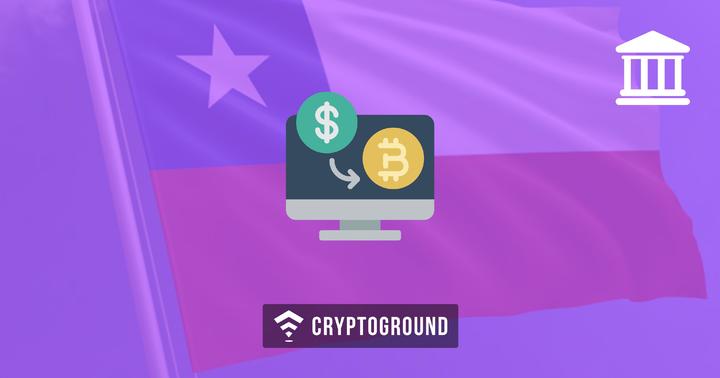Felipe Larraine, who is the Minister of Finance of the Chilean Government declared the introduction of a bill to regulate Cryptocurrencies and other financial currencies. The news was earlier reported by Cointelegraph Spain on April 15.
At the time of his recent stay at the United States, Larraín mentioned that the requirements initiated by the new regulation bill will be promotional to the business. He clarified that the rules will take into account for different business companies having different models and they provide different services, the regulation will apply requirements promotionally, managing as per the type of service provided and the risks which imply for the users of the financial market.
As per the local media outlet, Ahora Noticias, the minister send the bill to the Congress from the United States. He further said flexibility is one of the most essential factors of the bill, as the speed of the technological progress is great. Based on the report, Chile has become home to various Cryptocurrency exchanges.
Similar to other exchanges in the country, it doesn't possess proper rules to manage the crypto industry. The Minister also mentioned some of the risks involved in Crypto trading and says that if the new rules are passed, then it will prevent illegal activities occurring in the crypto Industry.
He said,
“Regulation of these platforms would mitigate some of the risks, such as money laundering and terrorist financing, and increase the legal certainty with which they operate. We want to adequately protect against the risks associated with this kind of activity.”
Even though there was the least government interference in the sector, Chilean banks played an aggressive role in the Crypto-business. In 2018, the banks cut their ties with the cryptocurrency exchanges in the country.
Due to this, various exchanges have formed a consortium and reached the court to appeal against the bank's decisions. In the beginning of this month, the Chilean anti-monopoly court has given protection to the local crypto exchanges by forcing banks to keep their accounts open.
























